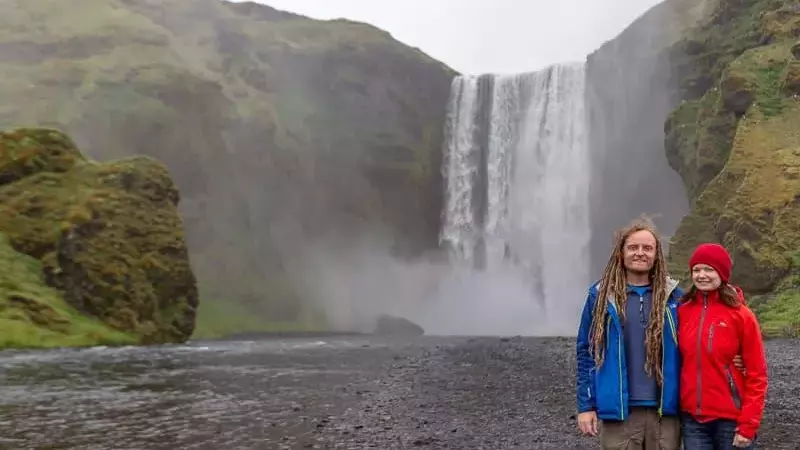One of the great things about Iceland is that most activities are free! Some tours, like exploring ice caves and glacier hiking, require a tour guide for safety reasons.
Alcohol is also quite expensive due to high taxes. Bringing your drinks is an easy way to save money.
Take Advantage of Free Things to Do
Iceland is a wonderful country with many iconic sights and experiences. However, it can be an expensive place to visit if you’re not careful. The Iceland currency, or krona, is one of the booming currencies in the world due to the massive number of tourists in the country. This is why it is essential to budget your money well ahead so you don’t suffer sticker shock when arriving in the country. An excellent way to get a realistic idea of how much things cost in Iceland is by checking online price comparison sites like Numbeo before your trip. This will give you an idea of what to expect regarding the prices of items, such as a simple knitted hat, a bottle of water, gasoline, and restaurant meals.
Another way to save on costs while traveling in Iceland is by skipping souvenirs. This is a trend that more and more travelers are embracing, as they prefer to spend their money on experiences rather than purchasing physical items.
Don’t Overbook
One of the biggest reasons people spend more than they expected when traveling in Iceland is that they don’t research before arriving. Whether you’re looking for accommodation, car rental, or tours, it pays to book well in advance, especially in high season.
This is because the best hotels fill up quickly, and last-minute rates are often double what they normally price. Car rentals are the same way, and the best tour companies will likely book up, too. Avoid traveling in the summer months, from mid-June to the end of August. Prices are much higher during this time, and the days are much longer. You’ll get more out of your trip by being able to explore for longer each day, which means you’ll have the chance to see and do more of what makes Iceland so amazing. This will be worth the extra cost!
Stay in Budget Accommodations
One of the biggest factors when budgeting your trip to Iceland is the cost of accommodations. Hotels and hostels can be pricey, but some ways to get around this include camping, and renting a camper van. It is essential to research accommodation options in Iceland thoroughly and always double-check prices on multiple websites before booking. You should also use reputable sources, such as travel blogs, the official tourism website, and well-regarded guidebooks.
Another way to save money on accommodation is by traveling during the off-season. The busiest season in Iceland is from about mid-June to the end of August, and prices will be higher. However, if you can travel outside this period, you will be rewarded with beautiful weather and less crowds. Another way to save money is by avoiding expensive attractions and opting for free activities such as hiking, swimming, or simply enjoying the stunning landscapes.
Eat at Local Restaurants
When traveling on a budget, it is essential to eat at local restaurants. This helps you support the local economy and eat food made from fresh ingredients. It is also a great way to taste the local culture. Another way to save money on eating is to buy grocery store brand products. Most grocery stores in Iceland have a budget brand, such as Bonus, Coop, or Netto. The budget brands are usually much cheaper than the name-brand products.
Avoid traveling in the high season, from mid-June to late August. This is the busiest time for travelers in Iceland so prices will be higher for hotels, attractions, and car rentals.
If you are craving a quick and affordable meal, check out the hotdog and sandwich stalls throughout the city. They offer the cheapest meals in town and are a popular spot for locals and visitors.
Don’t Forget to Bring Your Toiletries
Purchasing toiletries in Iceland can be expensive, so bringing your own is important. This includes earplugs, which can help you get a better night’s sleep, and laundry soap, which can save money on buying travel-sized bottles. Similarly, bringing your towel can also help you save on hotel costs. Most hotels in Iceland charge $10 for a bed sheet and comforter, so it’s best to pack your own if you can.
Finally, purchase a travel insurance policy before you arrive in Iceland. This will protect you against unexpected expenses and give you peace of mind during your trip. We recommend World Nomads for their flexible and affordable policies. Another great way to budget your money while traveling in Iceland is to cook most of your meals. Grocery prices in Iceland are slightly higher than in the United States, but you can save money by cooking your food rather than eating out at restaurants.
